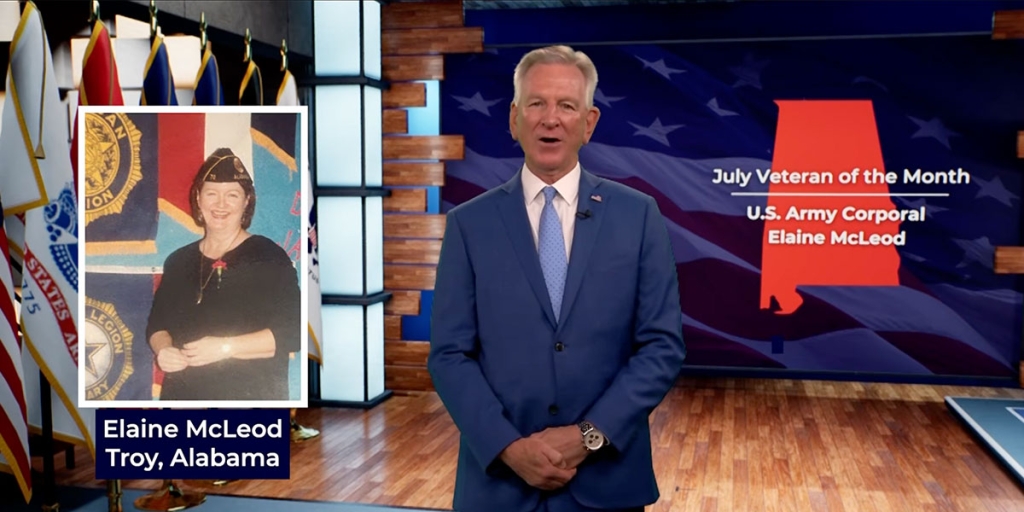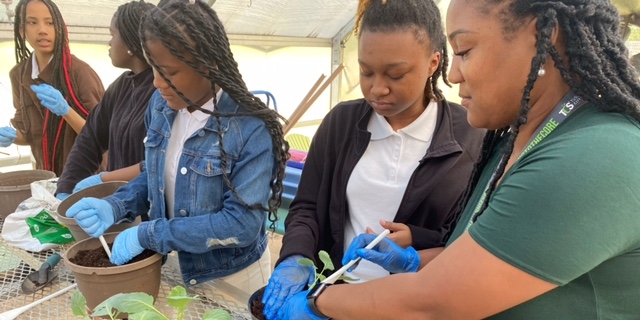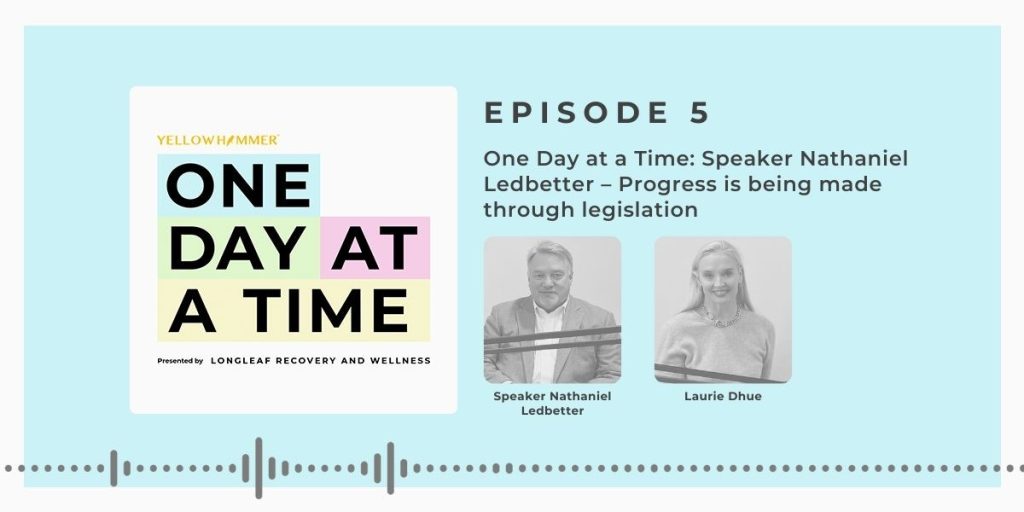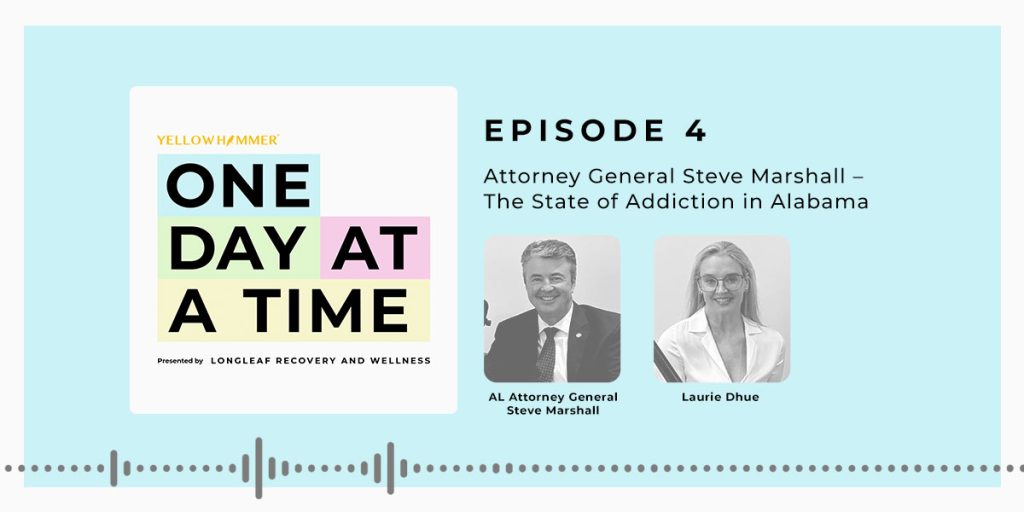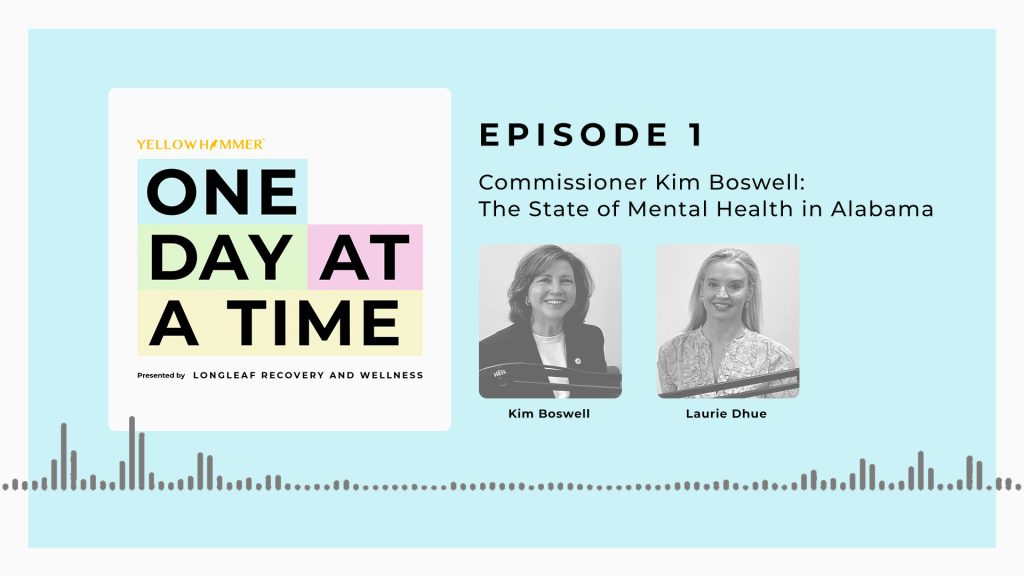
According to a news release, Attorney General Steve Marshall hosted the first meeting of the Alabama Opioid Overdose and Addiction Council earlier this week. Marshall is co-chair of the council along with Commissioner of the Alabama Department of Mental Health Lynn Beshear and Acting State Health Officer Dr. Scott Harris.
The meeting focused on strategies to address the state’s ongoing opioid epidemic. Marshall expressed his support for first responders who risk their lives to attend to victims of the opioid crisis. He announced that his office has reached an agreement to provide low-cost, life-saving medicine to local law enforcement to protect themselves and save the lives of those suffering from an overdose.
“I am pleased to announce that the Alabama Attorney General’s Office has reached an agreement with Adapt Pharma to provide Alabama law enforcement officials, first responders, community-based organizations and state and local government with lower cost access to the lifesaving Narcan nasal spray for treatment of an opioid emergency. The agreement is in effect until the end of the year. I would like to thank Adapt Pharma for helping to safeguard the lives of Alabama residents and law enforcement.”
According to WSFA, other topics that were discussed included the lack of scientific treatment programs, the role that insurance plays in acquiring treatment, and the outdated reporting databases used by doctors and pharmacists. Senator Jim McClendon weighed in on the problems that pharmacists face in fighting the crisis.
“The pharmacists know who the abusive prescribers are. However, what is a pharmacist to do? We don’t have a clear-cut safe mechanism for reporting. The last thing a pharmacist needs to do is create a problem for someone who is sending them patients.”
The council is tasked with creating a strategic plan of fight the opioid crisis. They must deliver their plan to the Governor by December 31. It is expected that the council will make recommendations regarding legislation, policy, and community action, in an attempt to offer a comprehensive approach to fighting the epidemic.
Marshall acknowledged that the opioid crisis is one of the biggest health problems facing our state and our nation.
“We see that in the data when we lose 147 people nationally every day, when you hear the stories from law enforcement, when you talk to ER doctors about the people who are coming through their facilities. We know it is an issue, we know it is a problem.”





